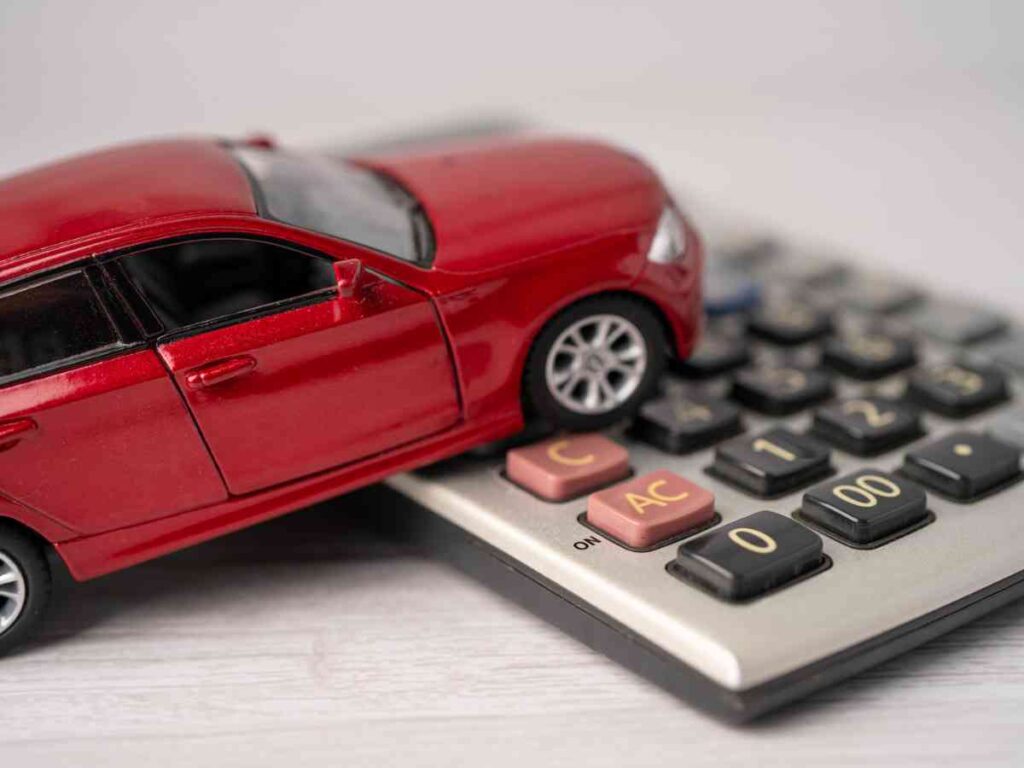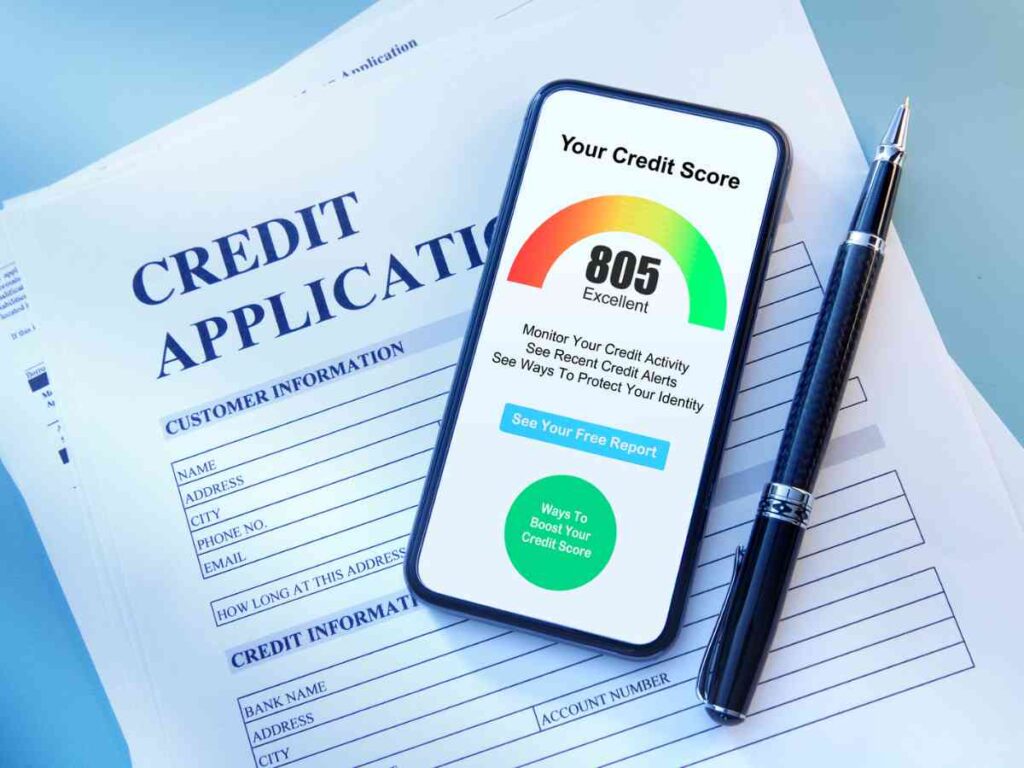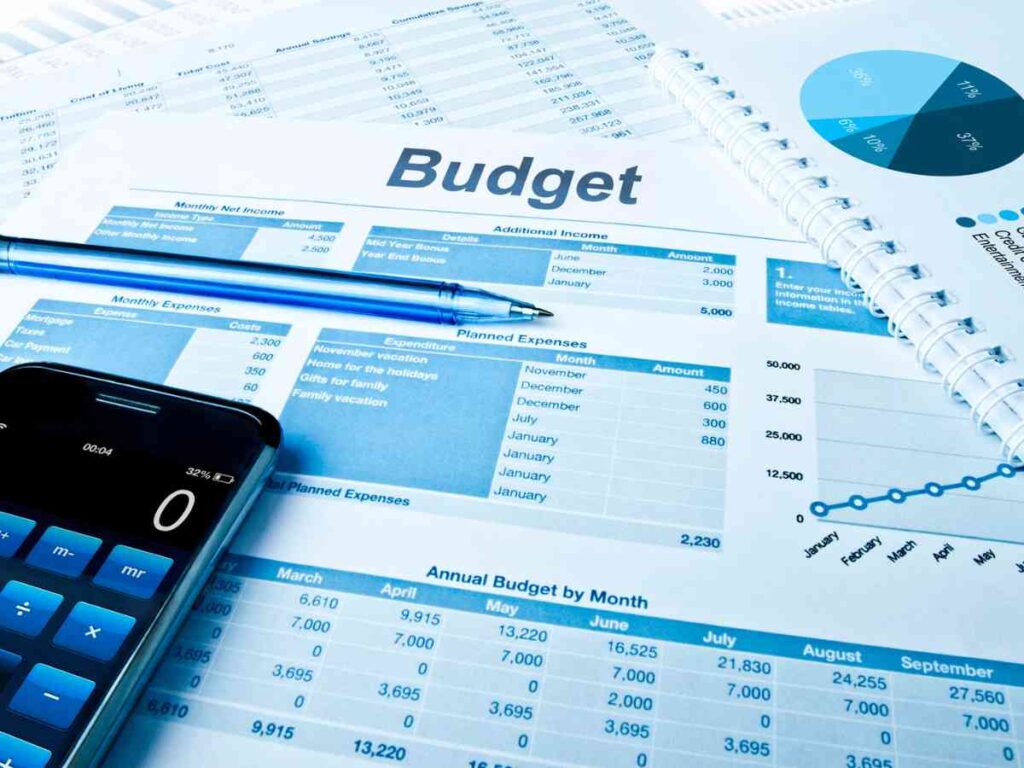Do you need a car to get around but don’t have the necessary funds? Don’t worry, you’re not alone! Many people find themselves in this situation and it can be difficult to figure out how to finance a car. In this blog post, we’ll explore all of your options for financing a car, so that you can get back on the road as soon as possible.
How to get finance for a car with bad credit?

For those looking to buy a car but have bad credit, there are still options available to get finance. Shopping around for the best loan deals is essential, and seeking out lenders who specialize in bad credit can be beneficial.
It is also important to take a look at the interest rates and repayment terms of different loan options, as these can vary widely depending on the lender. Additionally, having a good down payment can also help increase chances of getting a loan approved.
How to calculate the finance charge on a car loan?

Calculating the finance charge on a car loan can be a tricky process, and it is important to understand the factors that determine the cost of financing a vehicle. Generally, the finance charge is calculated by taking into account the annual percentage rate (APR), loan amount, term of the loan, and other factors such as credit score and down payment.
Knowing how to accurately calculate the finance charge on a car loan is essential to getting the best deal when shopping for a vehicle.
1. Understand Your Needs

Before applying for a car loan, it is important to understand your own needs and financial situation. To do so, you should consider your current income, existing debts, and credit score. Knowing these factors can help you determine what kind of car loan you are eligible for and how much you can afford to borrow.
Additionally, you should consider how long you plan on owning your car, as well as how much you will need to put down as a down payment. By understanding your needs and budget, you can better determine which loan product is best for you and your situation.
2. Check Your Credit Score

Before deciding on a car loan, it is important to first assess your creditworthiness. Checking your credit score is the first step in doing this as it will provide you with an understanding of how lenders will view your creditworthiness.
Your credit score will provide an indication of how likely you are to be approved for a loan and at what interest rate. It is also important to check your credit score for any potential issues that could affect your eligibility for a car loan.
You can check your credit score with credit bureaus or online credit score providers such as Experian, Equifax or Transunion. By doing this, you will be able to address any potential issues that could affect your eligibility for a car loan and increase your chances of getting the best deal possible.
3. Choose the Right Vehicle

Once you have a good understanding of your budget and credit score, you can start researching different car models and determine which one is best suited for you.
It is important to research the vehicle you’re interested in and ensure that it fits into your budget. Consider factors such as total cost, fuel efficiency, resale value, and insurance costs. You may also want to compare different makes and models to see if you can get a better deal. By taking the time to research and compare different vehicles, you will be able to find the one that best fits your needs and budget.
4. Research Different Loan Options

When it comes to researching different loan options, there are several factors to consider. First, you’ll want to determine what type of loan you need. There are many different types of loans available, including secured loans, unsecured loans, and auto loans. You’ll also want to consider the terms of the loan, the interest rate, and the repayment period. Additionally, you’ll want to research different lenders to make sure you get the best deal.
You can research different lenders online, as well as through your local bank or credit union. It’s important to compare rates and terms from different sources to make sure you’re getting the best deal. Additionally, it’s important to understand the fees associated with the loan, as these could add up quickly. Once you’ve done your research and found the best deal, you can then start negotiating to get the best deal possible.
5. Calculate Your Budget

Before you start shopping for a car loan, it’s important to determine your budget. Calculating your budget will help you determine how much you can afford to spend each month on a car loan. You should also consider other expenses, such as gas, maintenance, taxes, and insurance. These costs will also affect your monthly budget. To calculate your budget, you’ll need to know your income and expenses.
Make sure to include all of your monthly expenses, such as rent or mortgage payments, utilities, food, and any other bills you may have. Once you have tallied up your monthly expenses, subtract them from your monthly income. This will give you the amount of money you can spend on a car loan each month.
6. Compare Rates and Terms

When you are looking for a car loan, it is important to compare rates and terms offered by different lenders. Interest rates vary significantly between lenders and terms can vary significantly too. Different lenders may offer different loan terms, such as longer repayment periods or lower down payments.
You should also compare the fees associated with the loan, including origination fees or prepayment penalties. It is important to do your research and compare rates and terms before making a decision. Doing so can help you find the best deal and save you money in the long run.
7. Secure Financing

Once you have done your research and chosen the right loan product for you, it’s time to secure financing. The best way to do this is to apply for a loan pre-approval. This will allow you to compare rates and terms among lenders and make sure you get the best deal.
When you apply for a loan pre-approval, you’ll need to provide information such as your income, employment history, and credit score. You should also consider the fees associated with the loan and make sure you understand how much you’ll be paying in interest and other charges. Once you have all the information you need, you can start the process of applying for and receiving the loan.
8. Compare Dealer vs. Bank Financing

When it comes to financing your car, you have two main options: dealer financing or a bank loan. Dealer financing typically offers lower interest rates and more flexible repayment plans. However, you should compare rates and terms between dealers and banks to make sure you’re getting the best deal.
When comparing dealer vs. bank financing, consider the following factors
1. Interest Rates
Interest rates vary depending on your credit score, loan term, and other factors. Comparing interest rates between dealers and banks can help you find the best deal.
2. Fees
Dealer financing may include additional fees, such as origination fees or application fees. Make sure to ask about any fees before signing a loan agreement.
3. Repayment Terms
Dealer financing may offer more flexible repayment terms than a bank loan. This can be helpful if you need more time to pay off the loan.
4. Customer Service
Depending on the lender, customer service may be better at a bank than a dealer. Make sure to research customer reviews before signing a loan agreement.
When comparing dealer vs. bank financing, it is important to do your research and make sure you understand the terms and conditions of each loan product. Be sure to compare rates and terms between dealers and banks to make sure you get the best deal.
9. Understand the Fees

When it comes to financing a car, fees are an important factor to consider. Car loans typically involve several fees, such as application fees, origination fees, and prepayment fees. It’s important to be aware of all the fees involved when you’re applying for a loan, so you can make an informed decision.
Make sure to ask your lender about all the fees associated with the loan, so you know exactly what you’re getting into before you sign the contract. Knowing all the fees involved will also help you negotiate the best deal.
10. Negotiate the Best Deal

When you are looking to purchase a car, it is important to negotiate the best deal. You can start by researching different loan products and understanding the terms and conditions.
Once you have a good understanding of what is available, you can compare rates and terms to find the right loan for you. If you have a good credit score, you may be able to secure a better interest rate. Additionally, you can look for deals to get lower interest rates or make a larger down payment.
If you choose to finance through a bank or credit union, you will want to compare the rates and terms offered to ensure you are getting the best deal. Finally, make sure you understand all of the fees associated with the loan and negotiate for the best deal.
11. Research different loan products and make sure you understand the terms and conditions
When looking for a car loan, it is important to research different loan products and make sure you understand the terms and conditions. Consider the loan’s interest rate, repayment period, and any additional fees that may be associated with the loan. It is also important to understand the differences between secured and unsecured loans. Secured loans require collateral, such as a vehicle, while unsecured loans do not. Make sure to compare different loan products to find the best deal and terms that meet your needs.
12. Consider financing through a bank or credit union
Financing through a bank or credit union can be a great option if you have a good credit score and can afford to make a larger down payment. Banks and credit unions typically offer lower interest rates and longer terms than dealerships.
You can also compare different loan products to make sure you understand the terms and conditions before you commit. Researching different loan products is important as you want to make sure that you get the best deal possible.
13. Have a good credit score
Having a good credit score is an important factor to consider when applying for a car loan. A good credit score shows banks and lenders that you have a history of paying your bills on time and responsibly managing your finances. To get the best rates, it’s important that you have a good credit score.
Before you apply for a car loan, you should check your credit score to make sure it’s accurate. This will give you an idea of what kind of interest rate you can expect. You can also use this information to negotiate better loan terms with the bank or lender.
14. Look for deals to get lower interest rates
One great way to get lower interest rates on your car loan is to look for deals. Banks, credit unions, and online lenders often offer special deals or discounts for a limited time. Before you apply for a loan, be sure to research and compare the different offers available. You may be able to get a better deal by taking advantage of a promotion or special offer. You may also find that shopping around and comparing different lenders can help you save money.
15. Make a larger down payment
Making a larger down payment can significantly reduce the amount of your car loan. It can also help you get a lower interest rate, as lenders perceive borrowers who make a large down payment as a reduced risk.
This can result in you paying less over the life of the loan. Additionally, a larger down payment can make it easier to qualify for a loan, especially if you have a lower credit score or a shorter credit history. Make sure that you take into account the total cost of the car, including taxes and fees, when calculating the amount of your down payment.
16. Calculate the cost of ownership
Calculating the total cost of ownership is an important step to consider when purchasing an asset. This calculation takes into account the initial purchase price as well as all associated costs throughout the lifetime of the asset, such as energy costs, maintenance and repair fees. Popular tools such as Edmunds True Cost to Own® (TCO®) calculator and AAA Your Driving Cost tool can help you accurately calculate total cost of ownership for a vehicle.
Additionally, the Total Cost of Ownership (TCO) formula can be used to calculate the ROI of any asset over its lifespan. By taking into account all associated costs and potential savings, businesses can make informed decisions and invest in assets that offer the best value for money.
17. Set up a budget
Setting up a budget is an important step in financial planning. It is important to calculate your net income so that you can create a realistic budget. Tracking your spending and setting goals can help you make the most out of your money. It is also important to make a plan, adjust your spending and review your budget regularly.
Calculating your monthly income and expenses is the first step in creating an effective budget. Additionally, it is important to identify your values so that you can prioritize spending according to what matters to you most. Establishing a budget can help you stay on track with your finances and achieve financial success.
18. Get an estimate of the vehicle’s value
Getting an estimate of the vehicle’s value is quick and easy. Kelley Blue Book (KBB) provides a reliable online estimator to help get a value for the car you are selling or buying. KBB’s estimator will ask for your vehicle’s information, its features, and what you plan to do with it.
By being honest and disclosing the condition of your car, you can get an accurate estimate of its value. KBB also provides trade-in and private-party-sale values to help you get the most out of your used car. Autotrader’s used car valuation tool is another great resource to find out the Kelley Blue Book Value of a car. With these tools, getting an estimate of the vehicle’s value is simple and easy.
19. Know where you stand financially
Understanding where you stand financially is essential for anyone at any stage of life. One of the best ways to gauge financial health is to calculate your net worth. This can be done by adding up all of your assets, such as home equity, cash, and investments, and subtracting all of your debt.
To make this process easier, there is an interactive Financial Well-Being tool available. After answering ten questions, users can see their financial health score and get advice for how to improve it.
Additionally, it is important to assess any outstanding loans and create a repayment plan in order to maximize the benefit from your money. Furthermore, having a bank balance is only one part of understanding your financial standing — it is important to consider all of the different accounts you may have and develop a plan for the future. Finally, taking a Financial Health Score quiz can provide insight into your finances and help you gain an idea of where you stand.
20. Consider using a co-signer
Using a co-signer can be beneficial when applying for credit, such as a loan or a mortgage. A cosigner is someone who agrees to take on the responsibility of the loan if the borrower cannot make payments.
This helps to give the lender confidence that the loan will be repaid on time and in full. Applying with a cosigner can help secure private student loans, auto loans, credit cards and even mortgages that you might not have been approved for otherwise. However, it’s important to consider how co-signing could affect your credit score and overall finances.
Additionally, it could cause tension between you and the borrower if payments are not made. It is important to carefully consider all the risks before deciding whether or not using a co-signer is the right choice.
- Gulf Shores Getaway: 25 Exciting Things to Do and See in Alabama’s Hidden Coastal Gem! - May 31, 2023
- Lexington, KY: 25 Things to Do and See in the Horse Capital of the World! - May 29, 2023
- Atlantic City Adventures: 25 Things to Do and See in the Entertainment Capital of the Jersey Shore! - May 27, 2023

